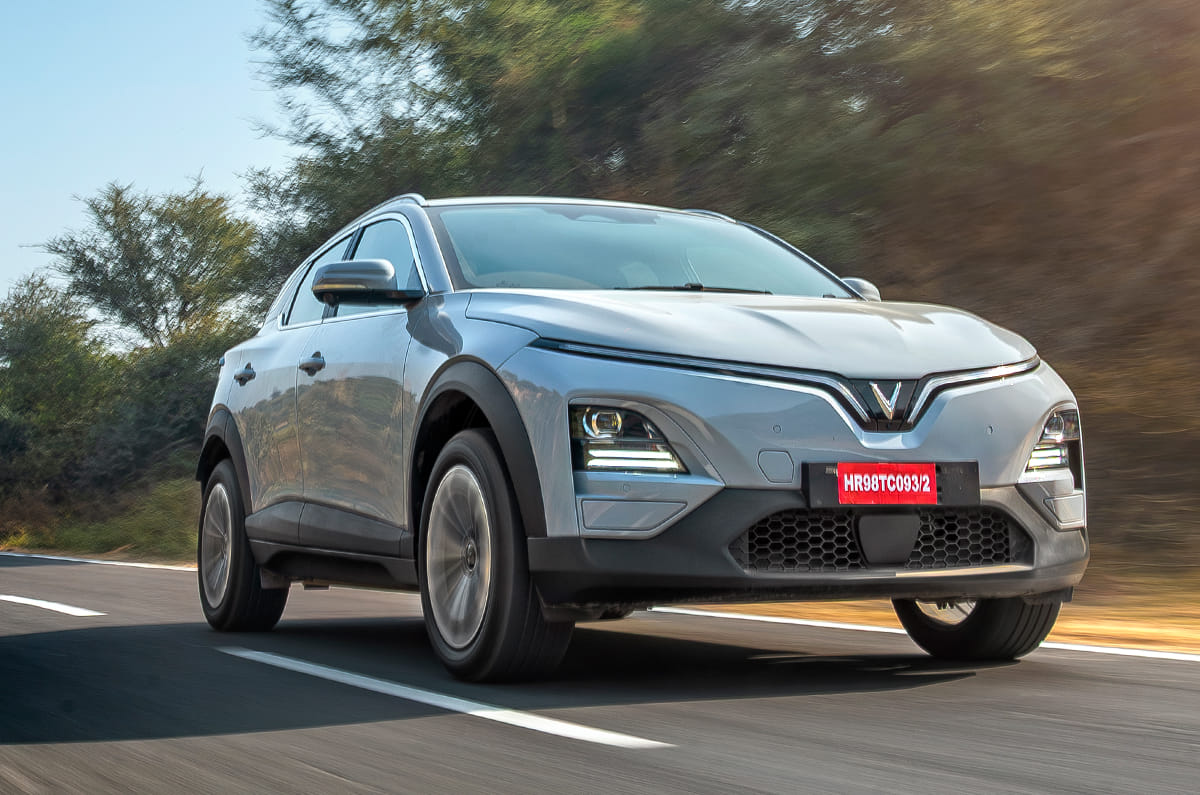2022 Lexus electric SUV to focus on driver enjoyment
Think of an electric vehicle and you’d probably imagine an immensely quiet sensory deprivation tank that seeks to make driving as comfortable and effortless as possible. Of course, there are those that seek to raise driver engagement a few notches, such as the Tesla Model S Plaid and any number of electric hypercars announced over the past few years, but Lexus aims to make such an experience a more accessible one.
According to Autocar, the Japanese luxury carmaker wants its new range of electrified models – which kicks off with an electric SUV based on the LF-Z Electrified concept, due next year – to offer a “dynamic driving experience” that is a world away from the inert EVs we’re used to.
The company’s European vice president Pascal Ruch told the publication that the Lexus Driving Signature of linear acceleration and handling characteristics, pioneered by the new IS, will continue to feature. “The Lexus Driving Signature is something we will continue to stress, because we believe electrification and driving pleasure are not in contradiction,” he said. “In fact, it’s the opposite – they can go hand in hand.”
Toyota CEO Akio Toyoda’s passion for sports cars, which has contributed to an increased motorsport presence and the launch of the GR Supra, Yaris and 86 under the Gazoo Racing banner, will influence future models, Ruch said. He added that Toyoda and Lexus president Koji Sato are “really big fans of driving pleasure and they will never let Lexus models become boring from a design or experience point of view”.
Some of the company’s ideas for delivering a more absorbing drive can already be seen in the LF-Z, including optimised motor and battery positioning, two-motor Direct4 all-wheel-drive technology and a more direct and precise steer-by-wire system. These technologies are part of the e-TNGA modular platform and will be shared with the production Toyota bZ4X SUV.
The car is also expected to deliver on the performance aspect. The LF-Z’s two electric motors produce a quoted 400 kW (536 hp) and 700 Nm of torque, enabling it to get from zero to 100 km/h in three seconds flat on its way to a top speed of 200 km/h. Autocar says outputs for the finalised production model are likely to be lower, however, pushing the century sprint time to the low four-second range.
Visualising the renewed focus on driver enjoyment is the sharp design, with the car expected to draw cues such as a three-dimensional abstraction of the spindle grille, slim head- and taillights, low ride height and sweeping roofline from the LF-Z. Inside, the SUV is set to adopt the Tazuna concept first implemented on the new NX, with a more intuitive interface that finally ditches the much-maligned Remote Touch system.
The new SUV is just the start – Lexus plans to unveil ten new electrified vehicles by 2025, including pure electric, hybrid and plug-in hybrid models. The company hopes the influx of new models will enable it to appeal to a greater amount of people, especially in Europe where it looks to secure a three per cent share of the premium market and annual sales in the six-figure range.
Ruch said Lexus’ lineup will be diversified to meet the various needs of the mass market. “We are covering the key segments we want to cover, but of course we always look at what would make sense, or are there other opportunities to expand our line-up.”
These models, said Ruch, could include a replacement for the long-serving CT hatchback, which would compete with the Mercedes-Benz A-Class and BMW 1 Series. However, the company is “considering different options – nothing is decided,” raising the possibility that the car could take another form in its second iteration. Another crossover, perhaps?
Toyota is also hedging its bets by continuing to invest in fuel cell vehicles (particularly in markets where the fuelling infrastructure is relatively well-developed, such as Japan), with the Lexus sedan-sized second-generation Mirai having recently gone on sale. This raises the possibility of a hydrogen-powered car wearing the L badge, in a similar vein to 2015’s LF-FC concept.
“Possibly, one day, you will see a Lexus fuel cell. It’s not impossible,” Ruch said, adding that it “would have to be different” from the Mirai.
GALLERY: Lexus LF-Z Electrified 






































The post 2022 Lexus electric SUV to focus on driver enjoyment appeared first on Paul Tan's Automotive News.
from Paul Tan's Automotive News
Read The Rest:paultan...







Post a Comment